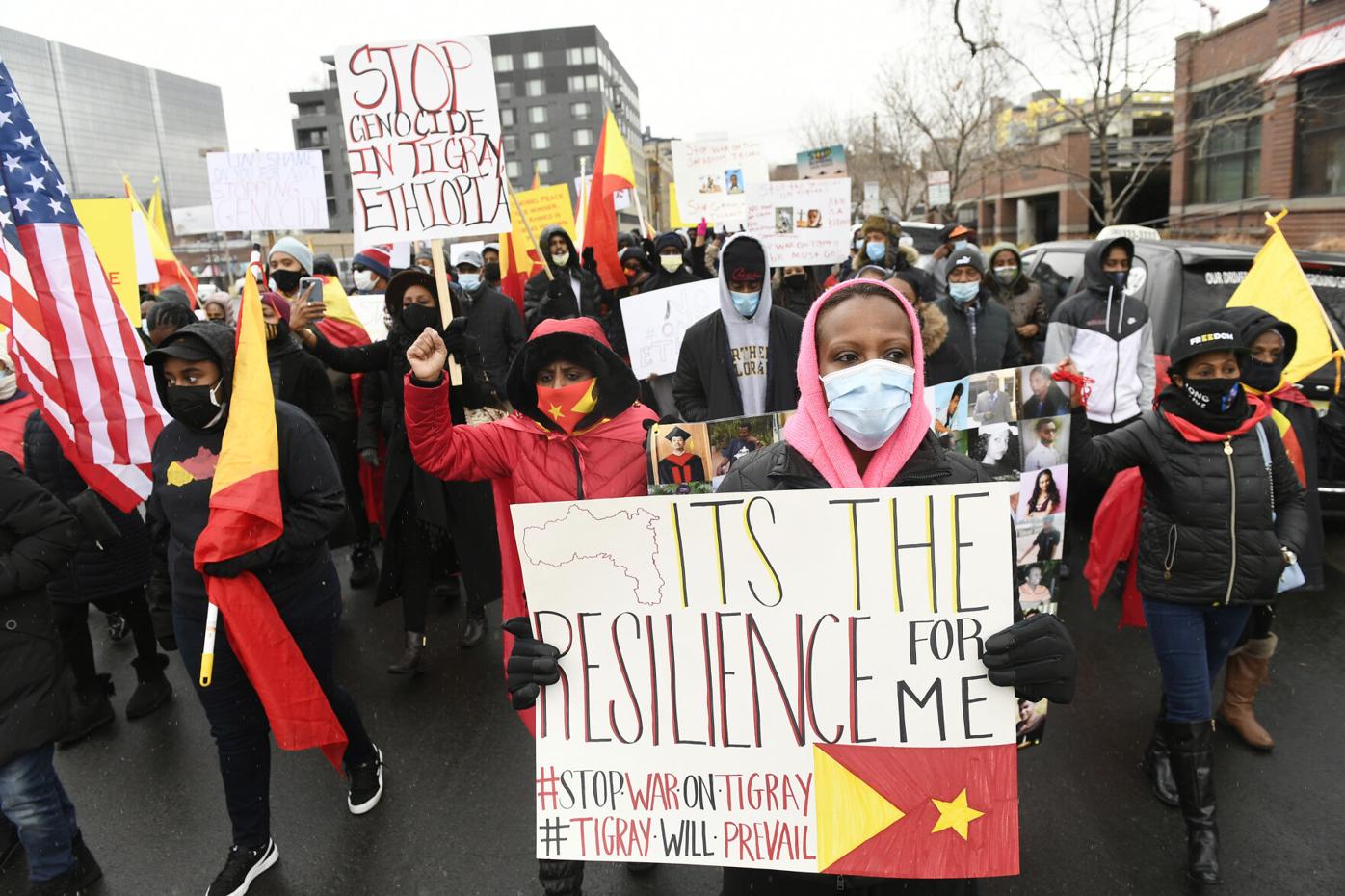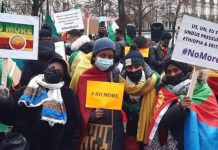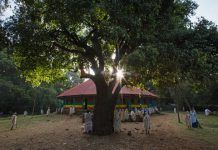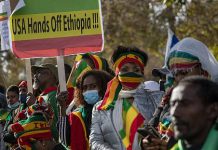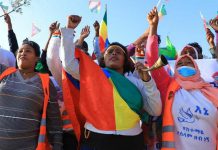Africa-Press Ethiopia
Denver area resident Mohammed Warid is monitoring the political conflict in Ethiopia — at least, as much as he can with a communication blackout in parts of the country.
The chairman of the Oromo Community of Colorado is worried about his family, and for him, that includes all those living in the Oromia region in Ethiopia. He’s at least been able to speak to loved ones, unlike those struggling to reach their families and get news about the northern Tigray region. Under the latest political regime, people are suffering; they’re living in fear; they’re being imprisoned for their ideologies; they’re being tortured and killed, he said.
“They are not OK,” he said. “Every day activity is not OK.”
Warid, along with Oromo Community of Colorado, has helped plan protests after high-profile killings in Ethiopia. Like those with Tigrayan roots in Colorado, the Oromo community is making its voice heard in Colorado and calling for change.
But, as is the case in Ethiopia, Colorado’s Ethiopian communities don’t agree about the cause of the problems in their home country, particularly over which entity is the aggressor, and they worry about their families and friends who live there. Supporters of Ethiopia’s Prime Minister Abiy Ahmed, who took over the office in 2018 and won a Nobel Peace Prize in 2019, say the new regime is bringing needed political reforms and “law and order” to the country mired in ethnic tensions while responding to attacks from those in opposition. They insist that the majority of the violence, which escalated in early November, is over.
People from Tigray — where the military and opposition groups were fighting — and other areas experiencing waves of violence, say Ahmed is far from democratic and is persecuting his own people. They cite human rights abuses, calling the conflict a progression over time.
Nebiyu Asfaw, an Adams County resident, came to the United States as a child with his mother, seeking a better life. He still has friends and family mostly in Addis Ababa, the capital, and he said they have not been affected by the country’s unrest. Asfaw speaks to them regularly and calls published reports of violence “exaggerations.” What’s really happening, according to his reading of the situation, is the new prime minister brought reforms after 27 years of an oppressive regime and is trying to put an end to ethnic politics in its 10 nation states with more than 80 ethnic groups.
READ MORE: Ethiopia’s conflict stokes humanitarian and virus crisis: ‘I think the war is worse’
“A majority of the community supports the reform effort and we’re hopeful that Ethiopia is going (in) the right direction,” Asfaw said.
The main conflict happened about a month ago, according to Asfaw, referring to the November attack by the Tigray People’s Liberation Front in Tigray and federal military action. The transition hasn’t been perfect, and war is ugly, he said. But he blames the “old guard,” the powerful TPLF party leader, not recognizing Ahmed’s leadership.
“When you organize a country into ethnic regions and when you politicize your ethnicity, there’s just no winner,” he said.
But that’s not the way many Tigrayans, including Millete Birhanemaskel, see it.

